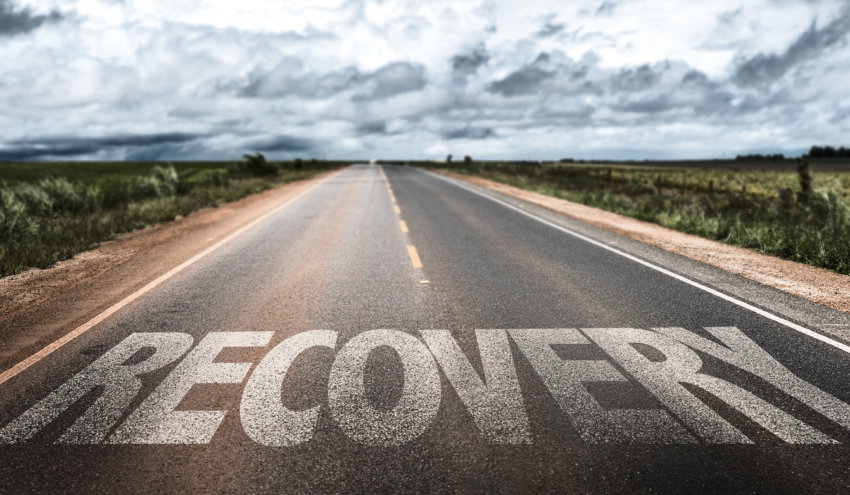A new, statewide initiative called Recovery Texas is now available to help individuals struggling with substance use find access to free care. The project, led by Jennifer Sharpe Potter, PhD, MPH, of UT Health San Antonio, was instituted to reach those impacted by the isolation of COVID-19 and the impacts of natural disasters.
The project centers around RecoveryTexas.org, a website that offers access to immediate help via phone or text, as well as online substance use and mental health self-assessments and access to non-traditional therapies like yoga and peer recovery support. The site also serves as a resource hub to help those with more severe cases to easily access medication-assisted treatment and referrals to counseling within a statewide network of providers who can treat them, regardless of the individual’s ability to pay.
“We have needed a program like Recovery Texas for a long time to overcome stigma and make it easy for individuals and families to access compassionate care for substance use exactly when they need it. Everything offered on Recovery Texas is evidence-based, meaning that all the programs are proven to be the best treatments available. This is all available to anyone, whether they have insurance or not,” said Dr. Potter, professor of psychiatry and behavioral sciences, who directs Texas Medication for Opioid Use Disorder (TxMOUD), a center within the Department of Psychiatry and Behavioral Sciences created to eliminate barriers to evidence-based treatment for those with substance use disorder (SUD).
Dr. Potter also serves as vice dean for research in the Joe R. and Teresa Lozano Long School of Medicine and associate vice president for South Texas Public Health Initiatives at UT Health San Antonio.
Recovery Texas comes at a crucial time, as COVID-19 ramps up again across the country. Since the pandemic began, there has been a 29.4% increase in overdose deaths nationally and a 31.9% increase in Texas, according to the U.S. Centers for Disease Control and Prevention. The Texas Department of State Health Services reports 20,000 emergency room visits due to opioid poisonings, with over 1,500 of those occurring in Bexar County.
“It’s really been a perfect storm for this,” said Karla Ramirez, LCSW, MSSW, MSHA, associate director of TxMOUD and a specialist in the Department of Psychiatry and Behavioral Sciences. “There has been a significant increase of overdoses, especially during the pandemic because there was such a lack of connection and we were all so isolated. People clearly are struggling.”
RecoveryTexas.org is designed for anyone who feels they are or may be struggling with substance use, no matter the substance or severity. The site provides immediate access to help by phone or text, including access to a certified peer support counselor — an individual who has lived through the recovery process and has special training to accompany others on this journey.
“Substance use and substance use disorder, it’s a big continuum,” Ramirez said. “Someone using a substance in an inappropriate way, like using prescription medicine in a way other than prescribed, or someone who is drinking a little too much — that can turn into a substance use disorder, especially when they start engaging in activities that are bad for them or going to extreme lengths just to obtain the substance. And it’s important to remember that it is considered a chronic disease,” Ramirez said.
RecoveryTexas.org also includes a portal to the referral network and the UT Health Physicians Be Well Texas Clinic regardless of ability to pay. Among the UT Health San Antonio mental health providers are Van King, MD, professor, and Jennifer Papac, MD, clinical assistant professor, in the Department of Psychiatry and Behavioral Sciences.
The project is supported by a number of funding streams, including grants from the Substance Abuse and Mental Health Services Administration (SAMHSA) and Texas Health and Human Services (THHS), together funding approximately $25 million for this project. The project partners with harm reduction programs across the state and local mental health authorities, and is a collaboration with Unity Recovery, a recovery community organization.
